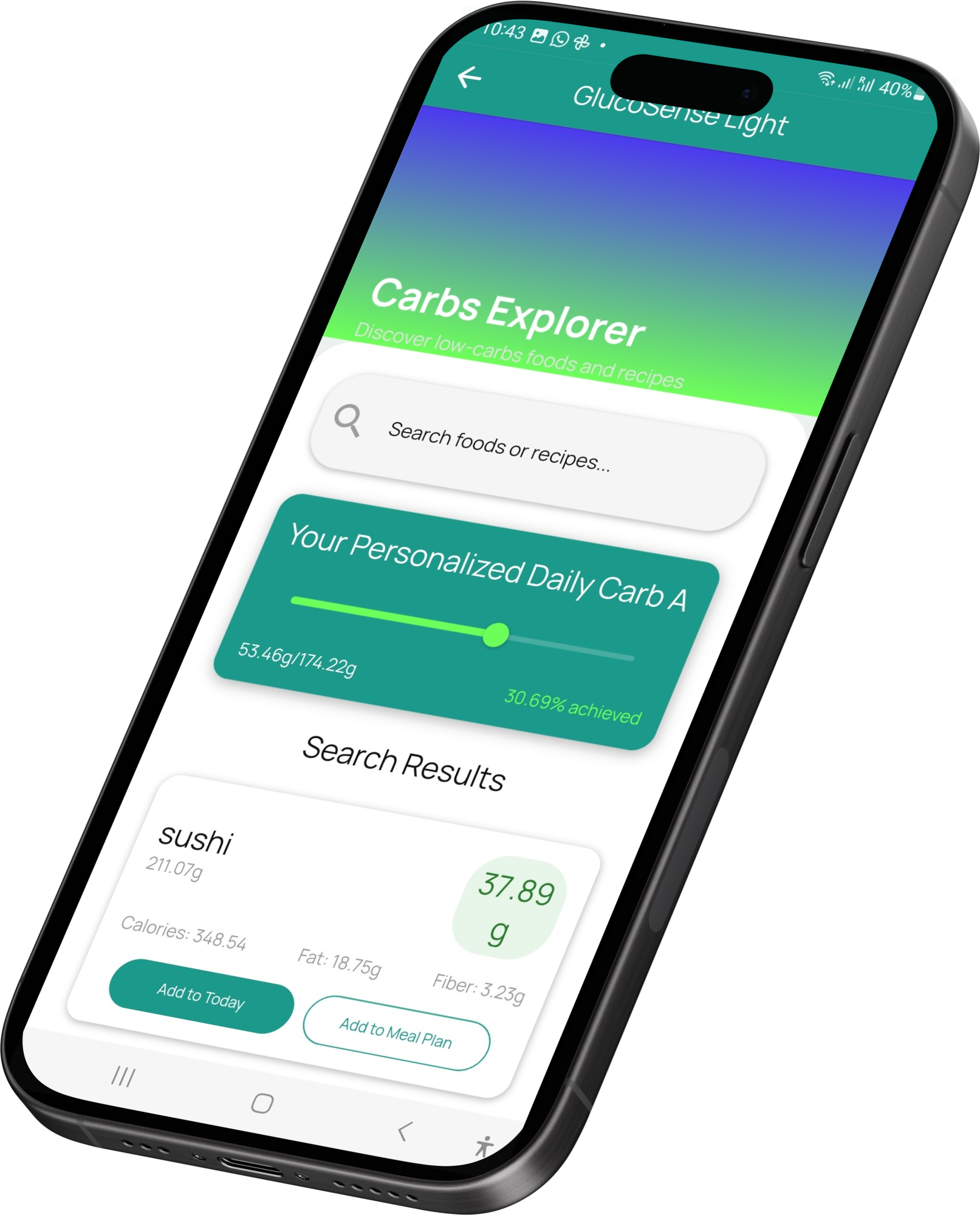Blog-Layout
Collagen RICH Foods (7 Surprising Foods) Anti-Aging Benefits! (Collagen Builders)
VitalFiberOne Naturals Inc. • March 22, 2024
Collagen RICH Foods (7 Surprising Foods) Anti-Aging Benefits! (Collagen Builders)

Unlock the Fountain of Youth in Your Kitchen
As an expert in nutrition and wellness, I know that true beauty and vitality begin on your plate. Collagen, the most abundant protein in our bodies, is the scaffolding that keeps our skin resilient and joints supple. But as we age, our bodies produce less collagen, leading to wrinkles and joint discomfort. Fear not, foodies and health seekers! You can help counteract this process by incorporating collagen-rich foods into your meals. Here are seven surprising foods that are not only delectable but are also your allies in the fight against time.
1. Bone Broth - The Traditional Powerhouse
Starting strong, **bone broth** is a collagen treasure trove. Simmering bones and connective tissues release collagen, turning it into a form that our body can easily absorb—gelatin. A warm cup of bone broth might just be the comforting elixir for your anti-aging regimen.
2. Citrus Fruits - The Vitamin C Champions
You might not associate **citrus fruits** with collagen, but they're crucial. Vitamin C is a key cofactor in collagen synthesis. Indulge in oranges, lemons, and grapefruits to not only boost your immune system but also to aid in keeping your skin firm and glowing.
3. Egg Whites - The Albumen Star
Egg whites contain large amounts of **proline**, an amino acid vital for collagen production. Including egg whites in your breakfast lineup can provide a direct route to better skin and tissue health.
4. Berries - The Antioxidant Warriors
Berries pack a punch with vitamin C, antioxidants, and ellagic acid—all friends of collagen. Whether it's strawberries, blueberries, or raspberries, these small but mighty fruits help preserve skin elasticity and fight the signs of aging.
5. Garlic - The Sulfur Powerhouse
Mighty **garlic** packs not only a punch of flavor but also an essential ingredient for collagen production: sulfur. Sulfur assists in preventing the breakdown of collagen and supports its construction. Incorporate garlic into your diet to keep your collagen fibers strong and durable.
6. Leafy Greens - The Chlorophyll-rich Heroes
Green, leafy vegetables like spinach and kale are high in chlorophyll, which has been shown to increase the precursor to collagen in the skin. These verdant veggies also offer a heap of antioxidants that protect the skin's collagen from damage.
7. Fish and Shellfish - The Marine Collagen Boosters
Fish and shellfish are excellent sources of amino acids and contain zinc, which is a critical factor for collagen synthesis. Tuna and salmon, along with shellfish like shrimp and lobster, contribute to your body's internal collagen production, supporting skin structure and bone health.
Embrace The Anti-Aging Journey With Collagen-Rich Foods
Incorporating these seven collagen-rich foods into your diet can lead to noticeable improvements in your skin's appearance, joint flexibility, and overall vitality. Remember, the journey to a youthful glow doesn't rely solely on creams and serums – it starts with nourishing your body from the inside out.
The path to a radiant complexion and a strong body is delicious and simple with these natural collagen builders. Dive into these nutrient-dense foods and embrace the natural enhancement of your body's healing and rejuvenation processes.
Remember that while diet plays a significant role, it's important to maintain a balanced lifestyle that includes plenty of water, sufficient sleep, sun protection, and regular exercise. Your body will thank you with longevity and grace, signaling to the world the timeless beauty that resonates from within.
Invest time into your health with these surprising and delightful culinary inclusions that offer far more than just taste—they're your daily dose of youth. And as your trusted guide to wellness and nutrition, I'm here to show you that every meal is an opportunity to nourish not only your body but also your soul.
Begin your journey to a more youthful you today – with each bite paving the way to lasting health and beauty.

By VitalFiberOne Naturals Inc.
•
February 8, 2025
Revolutionize your diabetes care with the power of AI! Introducing GlucoAI Precision Technology, a game-changing innovation that's transforming the way we manage diabetes. This cutting-edge technology uses artificial intelligence to provide personalized insights and precise glucose monitoring, empowering individuals to take control of their health. Say goodbye to guesswork and hello to data-driven decision making. Learn how GlucoAI is revolutionizing diabetes care and improving lives.

By VitalFiberOne Naturals Inc.
•
January 24, 2025
Making grocery shopping a breeze for diabetics! GlucoSense is revolutionizing the way people with diabetes shop for groceries. With its innovative technology, GlucoSense makes it easy to identify and purchase diabetes-friendly food products. Say goodbye to hours of research and label-reading, and hello to a stress-free shopping experience. In this video, we'll show you how GlucoSense is changing the game for diabetics and making healthy grocery shopping a whole lot easier. Whether you're living with diabetes or know someone who is, this video is a must-watch!

By VitalFiberOne Naturals Inc.
•
December 20, 2024
Are you tired of feeling uncertain about your diabetes management? Do you have burning health questions that need answers? In this blog, our panel of diabetes experts are here to provide you with the clarity and confidence you need to take control of your health. From understanding blood sugar levels to managing medications and diet, our experts will cover it all. Get ready to have your most pressing questions answered and start living your best life with diabetes. Whether you're newly diagnosed or have been living with diabetes for years, this video is for you. So sit back, relax, and let's dive into the world of diabetes management together!

By VitalFiberOne Naturals
•
December 18, 2024
Indulge in the flavors of the Middle East with our Fiber Rich Baked Falafel recipe, served with a side of creamy Tahini Sauce! In this video, we'll show you how to make crispy on the outside, fluffy on the inside falafel using chickpeas, herbs, and spices, all while keeping it healthy and fiber-rich. The perfect vegetarian snack or meal option. Our tahini sauce recipe is a game-changer, made with tahini paste, garlic, lemon juice, and olive oil. It's creamy, tangy, and pairs perfectly with our baked falafel. Get ready to elevate your snack game with this easy-to-make and delicious recipe!

By VitalFiberOne Naturals Inc.
•
November 17, 2024
Unlock the secret to a healthier and fitter you with Fiber-Guru's 4 weeks FREE trial! In this blog, we'll introduce you to a revolutionary program designed to help you achieve your fitness goals and transform your body in just a few weeks. With Fiber-Guru, you'll get access to a comprehensive fitness plan, personalized coaching, and a supportive community to help you stay motivated and accountable. Say goodbye to fad diets and hello to a sustainable lifestyle that will leave you feeling energized, confident, and empowered. Try Fiber-Guru today and start your fitness journey with a 4-week free trial!

By VitalFiberOne Naturals Inc.
•
August 26, 2024
Are you trying to lose weight and wondering about the best time to eat? In this video, we dive deep into the optimal meal timing for weight loss. Should you prioritize a smaller breakfast, a moderate lunch, or a light dinner? We explore the science behind meal timing and its impact on your metabolism, hunger levels, and overall weight loss journey. Discover the pros and cons of each meal and learn how to structure your eating schedule for maximum results. Whether you're a breakfast lover or a dinner devotee, this video provides valuable insights to help you make informed choices. Don't miss out on tips and strategies that can transform your eating habits and support your weight loss goals! Tune in and find out the best time to eat for effective and sustainable weight loss. Remember to like, comment, and subscribe for more health and wellness tips!






